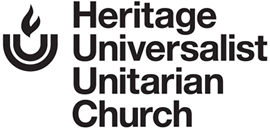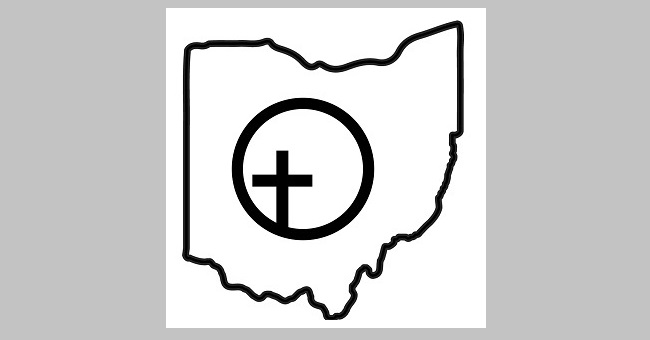by Mike Roberts, Church Historian
In the last few issues, we talked about the unification of the Unitarian and Universalist Churches. To understand what issues were confronting Ohio Universalists, we can look to the 1955 state convention which offered no less than 18 recommendations for improvement to its membership. Some will seem familiar as topics we are still confronting in 2021. Others seemed linked to the distant past. Here are their suggestions for a better church:
~ Because so many of the Ohio member churches were lacking in youth leaders, a strong training program must be continued and further strengthened. Statewide meetings of youth advisors should be held at least twice a year and financial support from the state organization should be provided.
~ Reports from church trustees should be provided to the state organization no less than four times a year.
~ It was recommended that members of liberal churches should become more well-informed about India. This developing democracy was suffering through internal social and political issues which the convention felt endangered the peace of all countries in Asia.
~ It was recommended that thanks be extended to Reverends Maurice Cobb and Ira Benedict for their development of kits to be used in religious education classes.
~ Further investigation needed to be made to secure property for summer institutes and these institutes should be made available to other like-minded religious groups who could share in the cost of acquiring the property.
~ Churches should continue to assume their fair share of paying off the debts of the state organization.
~ A total of $2,000 should be sent to the Universalist Church of America over the next fiscal year.
~ Praise for Rev. Albert Q. Perry was offered for his work as editor of the Universalist state newsletter. Reverend Perry was the minister of our church at the time. A subscription to the newsletter cost $1.00 for ten issues.
~ A charge was given to the state nominating committee to complete their work by May 1956 and publish the names of candidates in the Ohio Universalist. Churches were also asked to submit names of potential candidates for state offices and the Board of Trustees.
~ A recommendation was made to contribute money to several liberal religious youth groups operating in Ohio.
~ It was recommended that the next state convention operate a book shop for the sale of books, pamphlets and other materials.
~ At this time, a bill was pending in the state legislature which allowed for the censorship of movies and films. It was stated that Universalists stand for freedom of expression and a statement of opposition would be immediately sent to the state legislature.
~ The previous year, the United States Supreme Court had declared segregation to be unconstitutional. The state board recommended that “we go on record as favoring in principle integration, that this is an issue in which we need to proceed with all patience and humility and that we ought to practice this principle in the program of our churches.”
~ Concern was expressed for basic freedoms and the board recommended that local churches make a sincere attempt to familiarize themselves with the Freedom Agenda program and to promote this as much as possible in local committees.
~ It was recommended that each church develop a program of Youth Advisorship.
~ It was recommended that ministers serving near colleges and universities attempt to identify liberally minded students and forward their names to the national office. Also, attempts should be made to start Channing-Murray groups on those campuses.
~ The upcoming national assembly was scheduled to be held in Detroit. Each Ohio congregation should attempt to send two representatives to that annual meeting.
~ Through public advertising and communication, each church should attempt to spread the word of Universalism.
The more things change, the more they stay the same.
Image: Universalist Church of America symbol within a state of Ohio outline.

